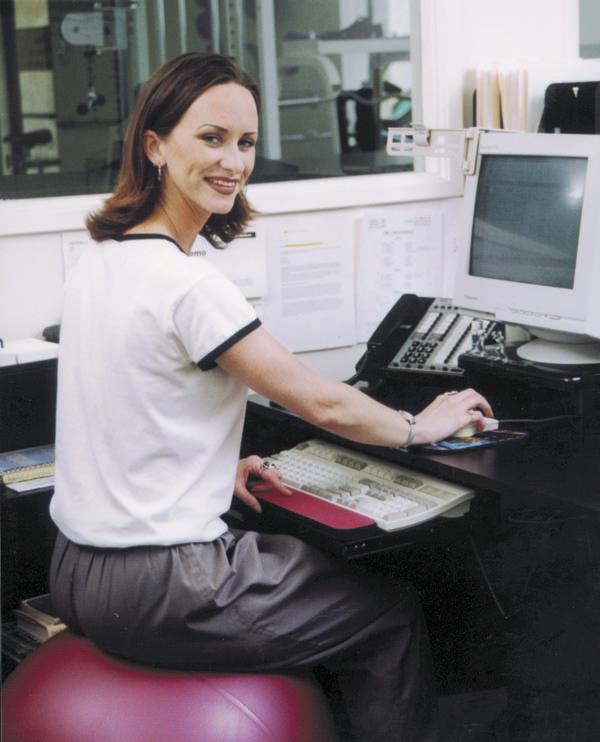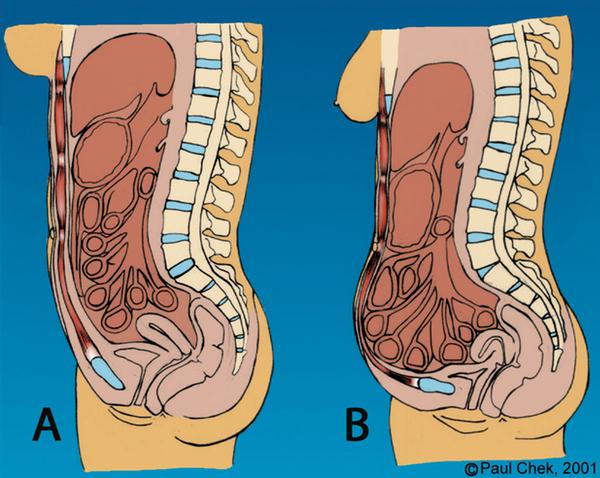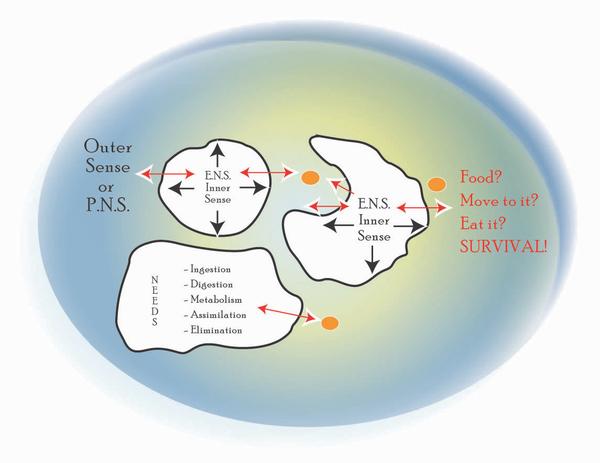Getting Pumped Makes You Feel Good Part 3
by Paul Chek

In the first two parts of my series about the four key muscular pumps — what I call bio-pumps or life pumps — you learned about the existence of your body’s natural pumps and how they work.
Along the way, we’ve seen how human evolution has spurred the movement of key bodily fluids and what they do behind the scenes to help us survive and support optimal functioning all over our body.
Now, it’s time to take a brief look at how your body’s natural pumping systems support your health via the movement of key bodily fluids.
Why fluids need pumps
 Blood requires the action of the heart, which is greatly assisted by the action of muscles. When muscles contract, they push blood toward the heart via the veins. When muscles relax, they absorb fresh, oxygenated blood via the arterial and capillary systems.
Blood requires the action of the heart, which is greatly assisted by the action of muscles. When muscles contract, they push blood toward the heart via the veins. When muscles relax, they absorb fresh, oxygenated blood via the arterial and capillary systems.
The circulatory system delivers blood via microcirculation to a myriad of cell aggregates throughout the body, at which time those fluids become interstitial or intercellular fluids.
Once delivered into close proximity of the cell aggregates, osmosis and diffusion become transport mechanisms for both the nutrition going in and waste going out of the cells.
The process of diffusion is only effective over very short distances. For example, it takes about 3.5 seconds to diffuse the diameter of one cell. But it would take 11 years for diffusion to carry a molecule 10 cm or about 4.5 inches!
With this in mind, you can more easily envision how movements of the body, which act to pump fluids into and out of areas where the transporting is relatively passive, are important. In fact, wherever circulation is chronically blocked, there is stagnation of fluids, resulting in such changes as sclerosis, scarring and, eventually, cellular death.
The fluid milieu between the cells becomes lymphatic fluid once it enters lymphatic circulation. Lymphatic fluid serves numerous important functions, from delivering cellular nutrition and waste removal to being an important transport mechanism for immune antibodies.
When our lymphatic system is not functioning optimally, we tend to swell. A common example of poor lymphatic return seen in people who are too inactive is the 24-hour sock line. In this scenario, when people wake up in the morning after wearing socks the previous day, they still have the imprints of their socks on their legs above the ankles.
If an athlete injures a ligament, muscle or joint and the area swells, active movements (such as pedaling a bicycle or walking if tolerable) can be used to pump the lymphatic fluid and swelling away. This improves general circulation in the area, speeding the recovery process.
When joints are experiencing pain, however, activities like swimming, aqua jogging with a floatation vest or simply treading water can very effectively enhance the process of lymphatic circulation.
Exercise stimulates digestive fluids not only because it causes pressure fluctuations in and around the organs. This process elevates your metabolism too.
How much movement is enough?
 If all of these movements are vital and beneficial to your overall health, how much movement does your body really need? Honestly, it varies from person to person, but if you look and feel great and have for some time, you’re probably getting an adequate amount.
If all of these movements are vital and beneficial to your overall health, how much movement does your body really need? Honestly, it varies from person to person, but if you look and feel great and have for some time, you’re probably getting an adequate amount.
Yogis have known for thousands of years that specific exercises benefit specific organs and physiological functions. In fact, pumping is one of the key reasons yoga exercises work!
For example, the right exercises performed at the correct intensity stimulate and assist peristalsis, the wave-like contractions that occur after you swallow food, then as it makes its eventual way to your anus.
Synovial fluid is the liquid that lubricates your joints. The synovial membrane is generally thickest around the outer edges of the spinal joints. Clinically, I’ve found by moving through full ranges of motion, like you generally do in yoga, while stretching naturally or doing natural movements such as squatting, increased amounts of synovial fluid are released at the end ranges of motion.
Stimulation of the synovial membrane to lubricate the joints is one reason that exercise instructors and physical therapists encourage their patients to perform full range of motion exercises.
Many people who experience sore backs throughout the day have benefited greatly from my video program, Swiss Ball Exercises For Better Abs, Buns and Backs, which is really a great low-level exercise program for anyone, from children to the elderly.
In fact, patients who don’t like exercising outside or have a very hectic schedule can work toward a healthier body just by using a Swiss ball as a chair!
Keep pumping!
So, if you are not moving adequately, you’re actually abusing your body! Do that too often or long enough, and you’ll impede your body’s natural spiritual expression.
What do I mean by that? Our spiritual being uses the body as a vehicle of expression. When the body is working well, you don’t know you even have one, thus, you are afforded maximum spiritual expression.
You have the natural ability to create, think, express, love and do all the wonderful things that makes us uniquely human. Your body is designed to move, and movement is life.
It’s time to get moving!
Love and chi,
Paul


